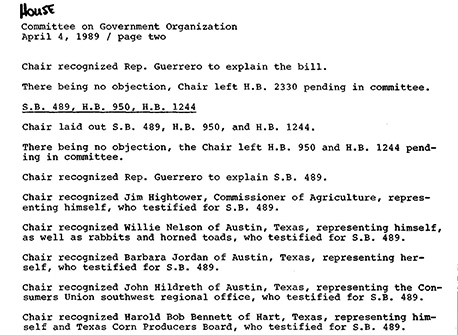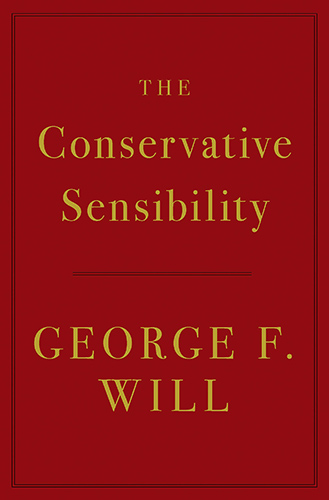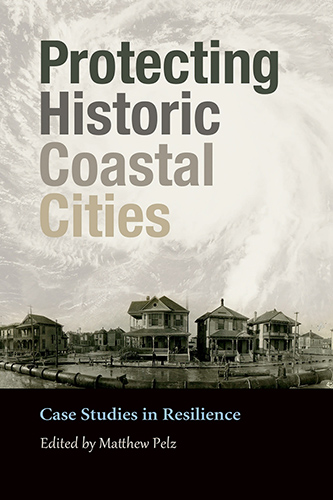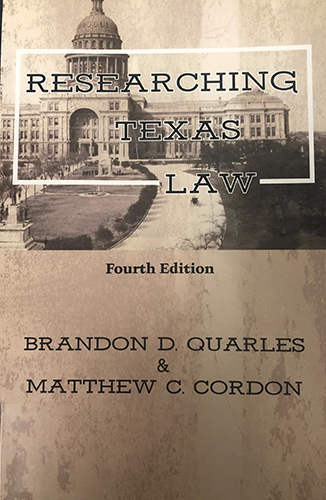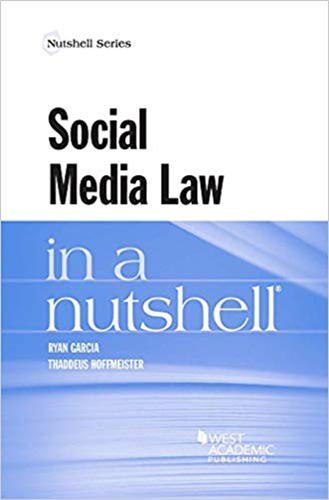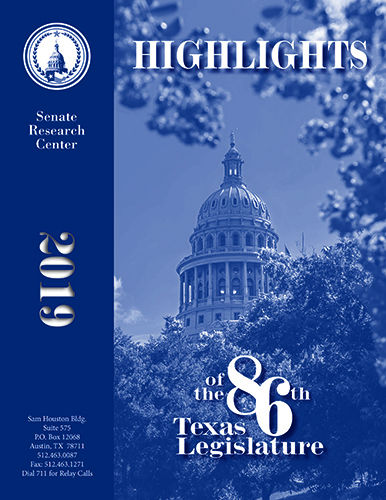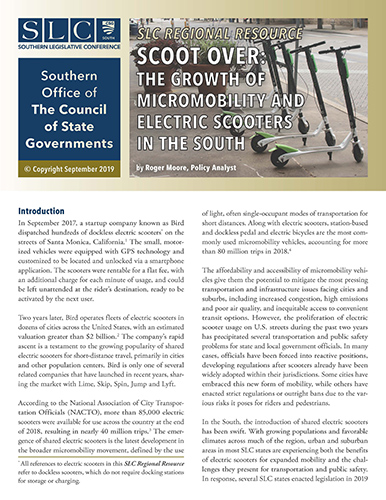In this weekly post, we feature helpful research tools and recent articles of interest to the legislative community.
- Read about recent examples of after school programs funded by state and federal dollars. (National Conference of State Legislatures, December 6, 2019)
- Consider ways to prevent high-risk impaired drivers from repeatedly driving impaired. (Governors Highway Safety Association, December 2019)
- Explore interactive data related to Texas' most congested roadways. (Texas A&M Transportation Institute, December 10, 2019)
- Review the most recent report from the Ombudsman for Children and Youth in Foster Care. (Texas Health and Human Services, December 2019)
- "Mind the gap: Antitrust, health disparities and telemedicine." By Theodosia Stavroulaki. American Journal of Law & Medicine, 2019, pp. 171-187.
Questions whether telemedicine is as effective as purported in improving health outcomes, increasing access, and reducing costs. Considers the Teladoc, Inc. v. Texas Medical Board antitrust case and emphasizes the imperative to balance the benefits of technology-driven tools with the need to protect public safety and health. - "The secessionist." By Graeme Wood. Atlantic Monthly, December 2019, pp. 18-20.
Profiles Daniel Miller, leader of the Texas Nationalist Movement, a group seeking Texas' secession from the United States. Highlights the history of Texas secession movements and independence movements involving other countries. - "Changes in purchasing-related statutes of special interest to counties." By Narita Holmes. County Progress, December 2019, pp. 12-13.
Reviews bills passed during the 86th Legislature that require counties to comply with new changes to purchasing-related statutes. - "Drug-trafficking: Changing gear." Economist, November 23rd-29th, 2019, pp. 55-56.
Discusses how drug-trafficking is evolving and diversifying, keeping police one step behind the traffickers. - "Public pensions: State of denial." Economist, November 16th-22nd, 2019, pp. 63-64.
Reports several states with severely underfunded pensions are spiraling towards disaster, as future returns on investments are expected to be lower than normal. - "Screen time up as reading scores drop. Is there a link?" By Sarah D. Sparks. Education Week, November 13, 2019, pp. 1, 12.
Discusses results of the 2019 National Assessment of Educational Progress [NAEP], which indicate reading scores for students in the United States have declined significantly. Investigates how digital reading platforms affect students' reading skills. - "The decline in rural medical students: A growing gap in geographic diversity threatens the rural physician workforce." By Scott A. Shipman, et al. Health Affairs, December 2019, pp. 2011-2018.
Points out that rural background is strongly associated with service to rural and underserved populations, as well as entry into primary care. Urges policy makers and other stakeholders to include rural background in consideration of medical student diversity. - "Higher US rural mortality rates linked to socioeconomic status, physician shortages, and lack of health insurance." By Gordon Gong, et al. Health Affairs, December 2019, pp. 2003-2010.
Considers all-cause mortality rates in rural versus urban areas, noting that the rural rates have been higher in the United States since 1980 and that the gap has been widening. Argues that state efforts to address disparities in health care access could alleviate the higher rates faced by rural residents. - "Association of receipt of a housing voucher with subsequent hospital utilization and spending." By Craig Evan Pollack, et al. JAMA (Journal of the American Medical Association), December 3, 2019, pp. 2115-2124.
Finds that receipt of a housing voucher during childhood was significantly associated with lower rates of hospitalization and less inpatient spending during follow-up. Notes that adults who received vouchers did not experience significant differences in hospital use or spending. - "The tragedy of the 'trans' child." By Madeleine Kearns. National Review, December 9, 2019, pp. 29-32, 34-36.
Examines gender dysphoria in young children and criticizes the work of some medical practitioners working with transgender issues. Focuses on a Texas custody case between the parents of James Younger, in which the mother claims the child is transgender and the father claims the child is not. - "The market for prosperity: What every community needs to know to optimize economic development [Part One]." By M. Ray Perryman. Perryman Report and Texas Letter, Vol. 36, No. 9, pp. 1-7.
Presents the first installment of a two-part series on a framework for local community leaders to embrace the process of economic development. - "Militias, patriots, and border vigilantes in the age of Trump." By Jesse Walker. Reason, December 2019, pp. 20-21.
Compares and contrasts the various "patriot" movement or militia groups that have organized from the Clinton presidency to the current day. Explains the groups represent a wide spectrum of ideas and priorities, not all of which are compatible. - "How to win Texas in 2020." By R.G. Ratcliffe. Texas Monthly, December 2019, pp. 64-70.
Discusses briefly the effect Texas, as a battleground state, could have on federal and state elections. Compares opinions on whether Democrats can become the majority party in Texas and Democratic and Republican strategies for 2020. - "The impact of Winkler County." By Cindy Zolnierek. Texas Nursing, Fall 2019, p. 10.
Describes the legislative impact of the 2009 Winkler County whistleblowing case. Highlights SB192, 82nd Legislature, R.S., which strengthened legal protections for nurses speaking out for patient safety, and HB581, 83rd Legislature, R.S., which allowed publicly employed nurses to participate in civil lawsuits for patient advocacy. - "Legal Q&A." By Scott Houston. Texas Town & City, December 2019, pp. 20-24.
Reviews requirements imposed by the Texas Legislature on municipalities' building codes. Analyzes several pieces of legislation that affect licensing, permits, construction materials, and limitations of city building ordinances. - "Fear of mass shootings fuels a thriving bulletproof business." By Melissa Chan. Time, December 16, 2019, pp. 24-25.
Discusses the recent sales boom of bulletproof backpacks and clothing geared toward students as a measure of protection against school shootings. Questions the effectiveness of such products and whether they are a distraction from focusing on long-term solutions to gun violence.

